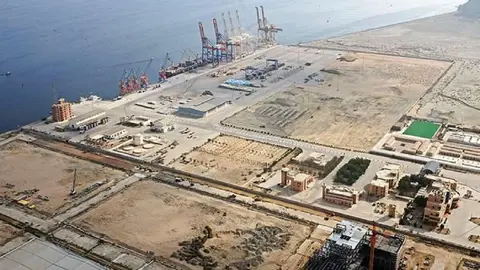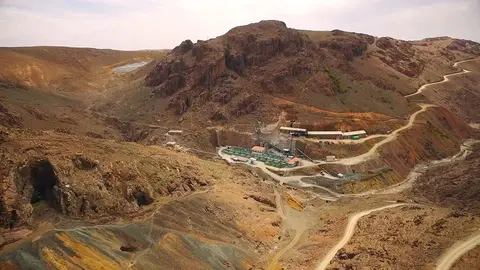Western weapons threatened by Chinese restrictions on rare minerals
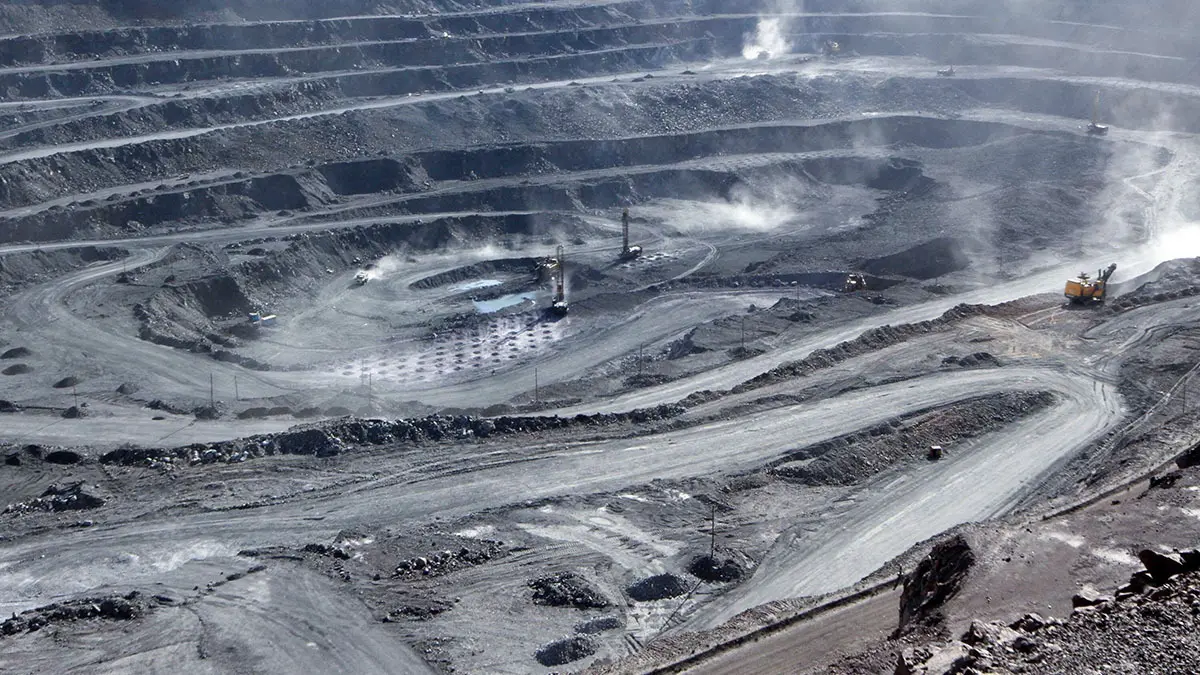
China has tightened restrictions on the flow of critical minerals to Western defence companies. As a result, production has slowed and companies are looking for other sources of raw materials.
Now, according to the Wall Street Journal, Western buyers are facing exorbitant prices and reporting requirements to ensure that their products are for civilian use only. These developments are driving up the cost of the arms market.
It is true that in June there was some easing of the trade war started by US President Donald Trump due to the trade concessions agreed upon. However, Beijing has been imposing restrictions, such as a ban on the export of germanium, gallium and antimony to the United States since last December.
This scenario became evident when a shipment from United States Antimony Corporation, containing 55 tonnes of antimony bound for Mexico, was held up for three months in the port of Ningbo, China. Following the intervention of the State Department and the White House, the conflict ended with the goods being sent to Australia and never reaching US soil.
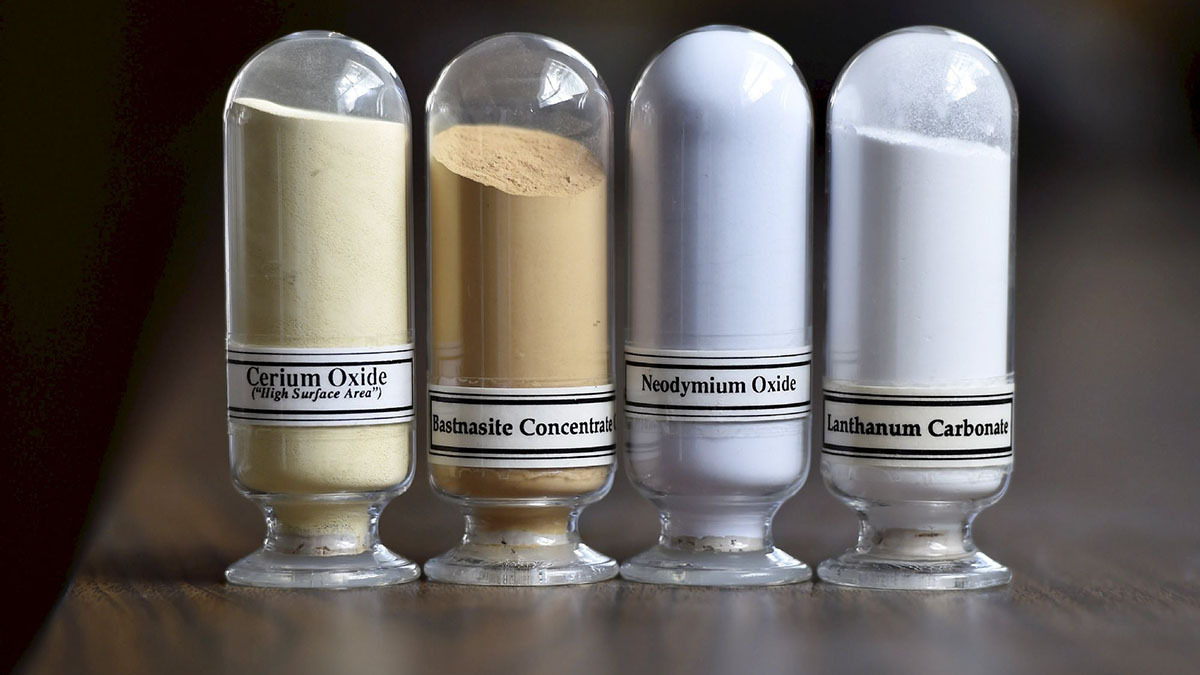
And it has placed 17 US companies (including those related to the defence industry and the aviation sector) on its export control list to limit their access to rare earth materials.
Although there are other suppliers of rare minerals, according to the Wall Street Journal, they are so specialised that they are not feasible. Or they draw on their supply reserves, although in many cases these are not sufficient for long-term production.
There are cases such as ePropelled, which has opted for suppliers in the United States, Europe, Japan and Taiwan, but some depend on China.
However, the outlook does not look very favourable, according to the Centre for Strategic and International Studies (CSIS), which concluded in April that the US is not prepared.
In addition, Chinese regulators are asking Western buyers of Chinese rare metals for information about the products, the customers they are intended for and a guarantee that they will not be used for military purposes.
And it is no coincidence that this is causing such a stir: China supplies approximately 90% of the world's rare earths. It also dominates important markets for the manufacture of military components. It controls 70% of mining and 90% of chemical refining of these metals.
According to National Geographic, rare earths contain 17 chemical elements that are essential for manufacturing just about anything. However, it commented that ‘they are not particularly rare, but in Chinese hands they have become a powerful commercial weapon.’
The Asian giant's dominance was forged at the end of the 20th century, when the West began closing mines and operations due to the environmental cost and low profitability of this activity at the time.
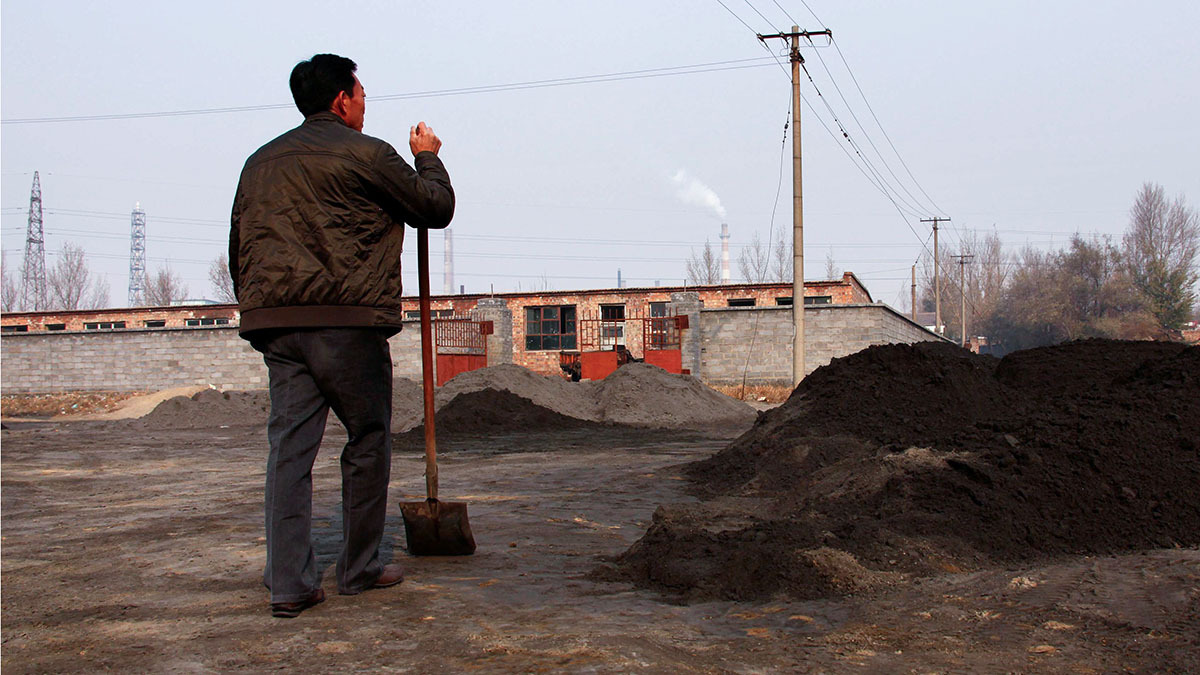
‘It nationalised key sectors, invested in refining technologies and aggressively subsidised its mining industry. In just one generation, it went from being a marginal player to becoming the hub around which almost the entire global supply chain for rare earths revolves,’ explained National Geographic.
Extraction is not the only area in which it has established its hegemony, because the refining process is very costly for the West due to pollution, a cost that has not deterred China. As a result, many countries depend on it even though they have their own land.
And in the current global scenario, the whole world is more dependent than ever on minerals that are critical for all types of technology and machinery. So, its possession of these lands is not only an economic benefit, it is also a strategy for geopolitical control.
‘What oil was to the 20th century, rare minerals are to the 21st century,’ explained Sean McFate, adjunct professor at the Maxwell School of Citizenship and Public Affairs at Syracuse University.
This shows China's influence within the economic and productive framework, because the US military depends heavily on these lands and on metals produced in the Asian giant or controlled in some way in the production chain by the communist regime.
In response, the Pentagon agreed in July this year to spend 400 million dollars on the operator of America's largest rare earth mine, MP Material. Lockheed Martin CEO James Taiclet, despite his optimism about magnet production, warned that it will be a long process.
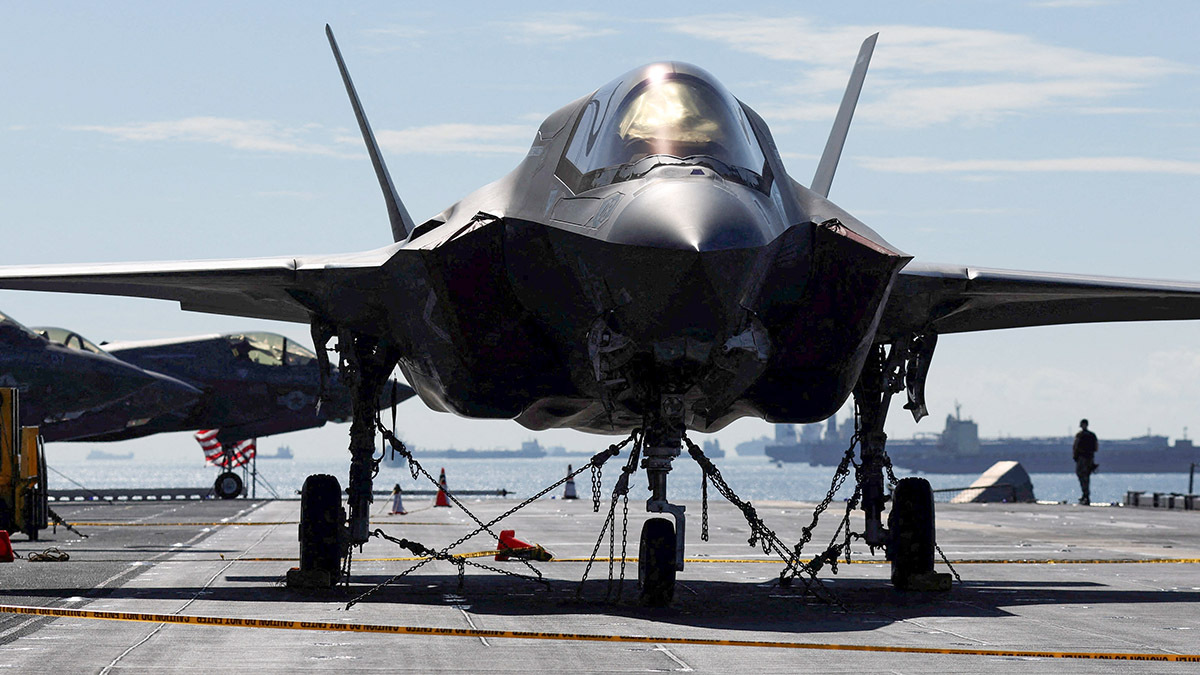
It has also required defence contractors to stop using any type of magnet containing Chinese materials by 2027.
Furthermore, the Department of Defense has been investing since 2020 in the construction of a national supply chain, but according to the CSIS, it will not reach China's production level.
According to Infobae, the Department of Defense's Critical Minerals Forum is seeking collaboration with mining companies and to start projects that will guarantee the supply of necessary materials such as germanium. Now, defence companies are negotiating face to face with producers.
Nicholas Myers, CEO of Phoenix Tailings, commented on the matter: ‘Large companies are becoming increasingly nervous because they recognise that they will not get the magnets, no matter what, unless they get directly involved.’

